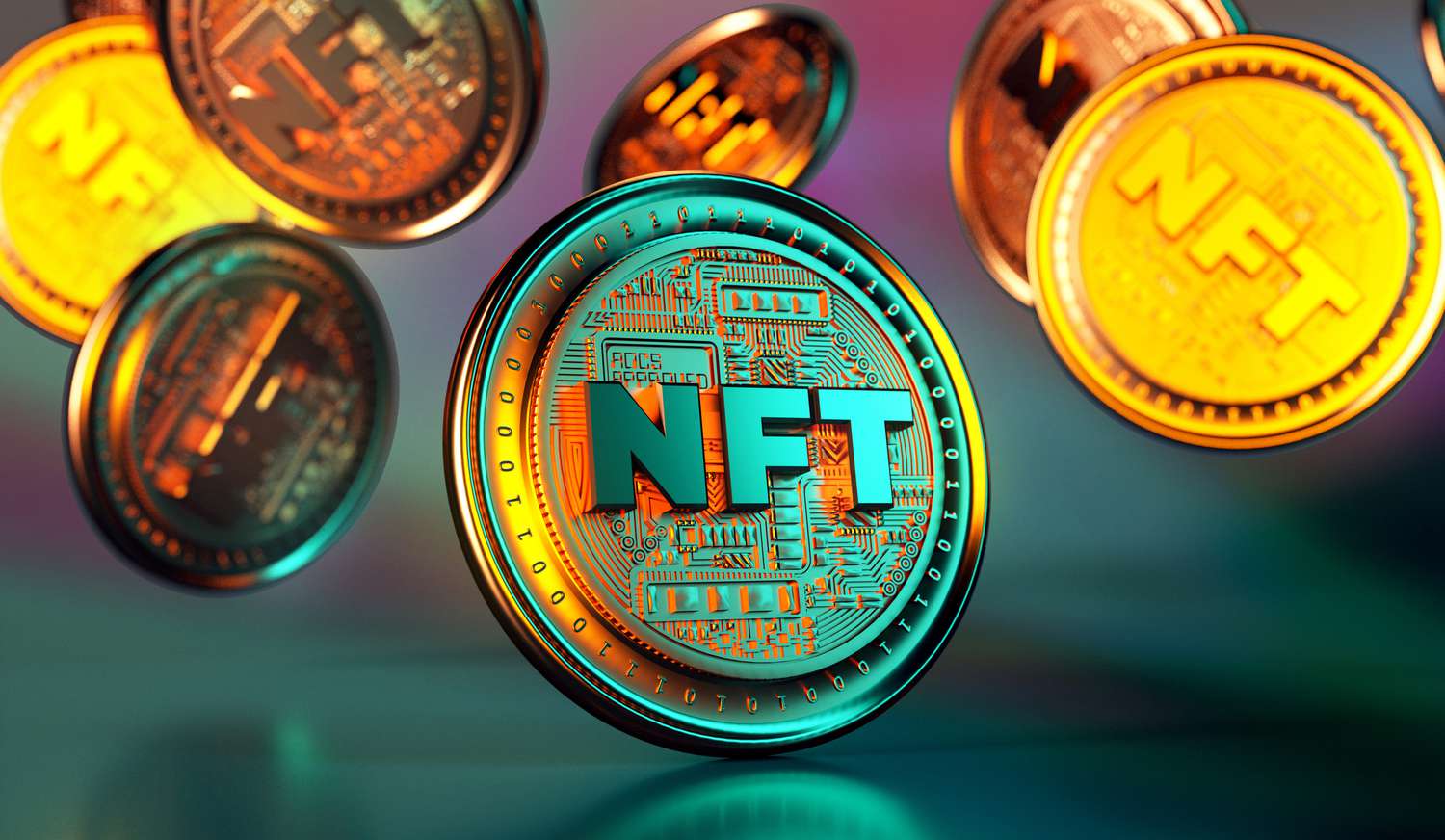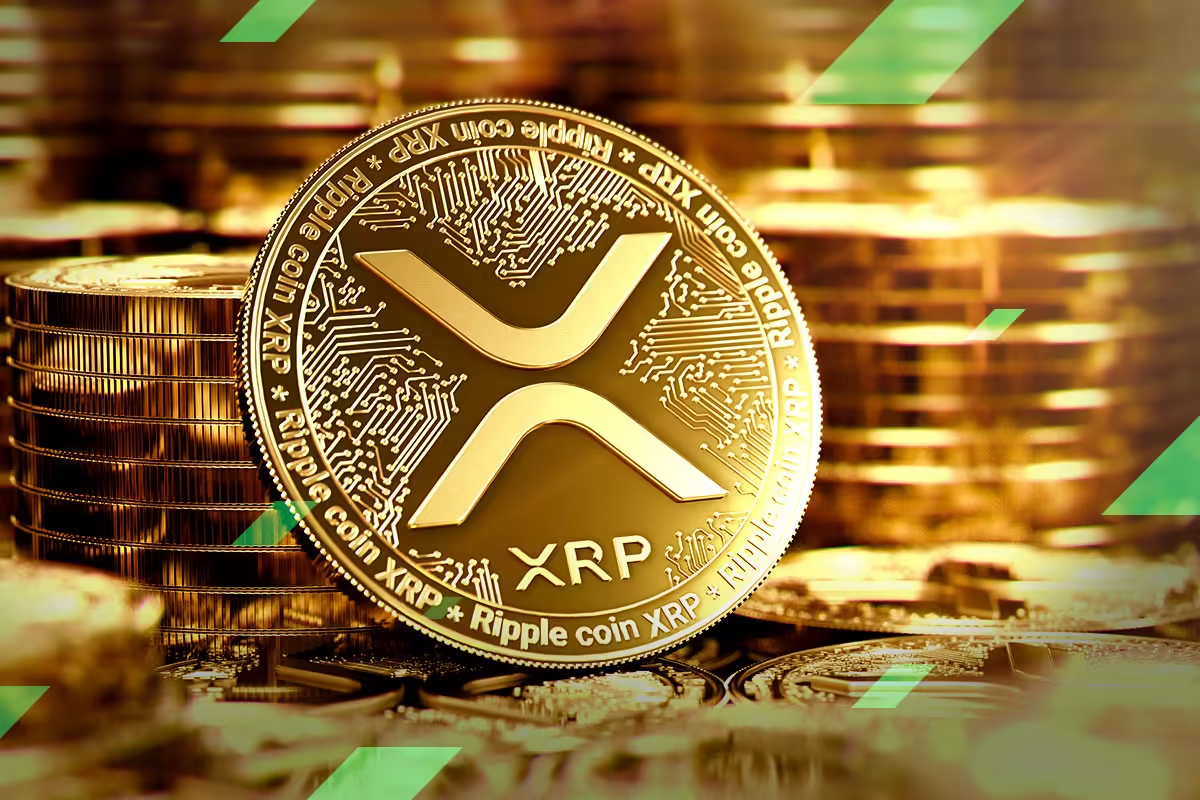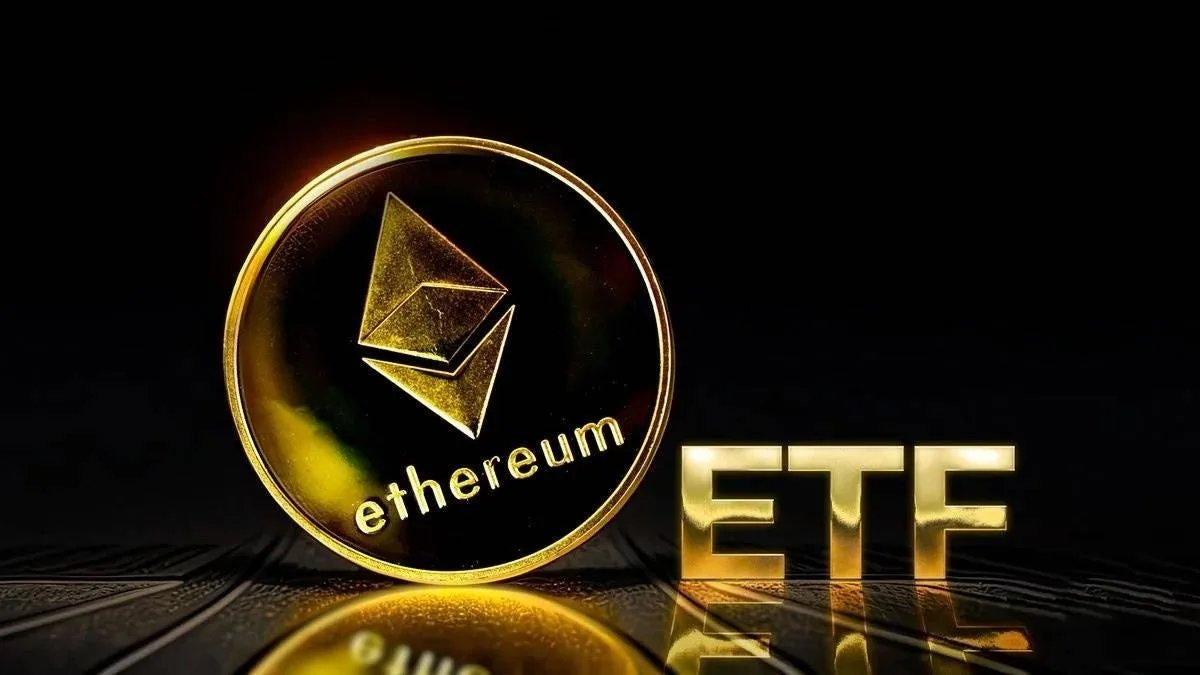|
Getting your Trinity Audio player ready...
|
The NFT market faced a significant downturn in September, continuing its downward trajectory as digital collectibles struggled to regain their footing. According to data from CryptoSlam, NFT sales totaled $296 million for the month, marking a stark 20% drop from August’s $373 million. This decline is particularly alarming given that it represents an 81% plunge from March’s impressive sales volume of $1.6 billion, which had been the strongest month for NFTs in 2024.
September’s figures are concerning not just for collectors but for the entire ecosystem, as it marked the first time since January 2021 that monthly NFT sales volume dipped below the $300 million mark. In that month, sales had plummeted to $109 million. The trend did not stop there; total NFT transactions also fell sharply, decreasing by 32% from 7.3 million in August to 4.9 million in September.
Interestingly, amidst this downward trend, there was a slight silver lining: the average value of NFT transactions rose by 18%. It increased from $50.71 in August to $60 in September, suggesting that while fewer NFTs were being sold, those that were sold fetched higher prices. This might indicate a shift in market behavior, where collectors are more selective and willing to invest in higher-quality assets.
SEC’s Eye On NFTs – What’s At Stake?
The decline in sales coincides with heightened scrutiny from the U.S. Securities and Exchange Commission (SEC), which has begun to tighten its grip on the NFT market. On August 28, OpenSea’s CEO Devin Finzer revealed that the marketplace received a Wells notice from the SEC, suggesting that certain NFTs on the platform could be classified as unregistered securities. This alarming news sent shockwaves through the NFT community and raised questions about the future of digital collectibles.
In a further crackdown, the SEC levied a $750,000 fine against Flyfish Club, an NFT-themed restaurant, for allegedly selling NFTs in violation of securities laws. However, not everyone agrees with the SEC’s approach. Commissioners Hester Peirce and Mark Uyeda publicly criticized the enforcement action, arguing that the NFTs sold by Flyfish Club should not be subject to securities regulation, labeling them merely as “a different way to sell memberships.”
Industry Reactions – Divided Opinions
Despite the negative statistics and regulatory challenges, industry leaders remain defiant. Luca Schnetzler, CEO of the popular NFT collection Pudgy Penguins, dismissed the SEC’s actions as “nonsense.” In an interview with Cointelegraph, he referred to the agency’s efforts as a “nothing burger,” suggesting that targeting OpenSea necessitates a broader crackdown on larger organizations involved in NFTs, including major players like Sotheby’s, Nike, and Pokémon.
As the NFT market grapples with declining sales and increased regulatory scrutiny, its future remains uncertain. While the rise in average transaction values offers a glimmer of hope, the overall decline in sales and transactions raises significant questions about the market’s resilience. Will the NFT community adapt to these challenges, or are we witnessing the beginning of a more profound transformation in the digital collectibles landscape? Only time will tell as the market continues to navigate this turbulent terrain.
As digital art and collectibles evolve, stakeholders must remain vigilant in monitoring both market trends and regulatory developments that could impact the NFT space in the months to come.
Disclaimer: The information in this article is for general purposes only and does not constitute financial advice. The author’s views are personal and may not reflect the views of Chain Affairs. Before making any investment decisions, you should always conduct your own research. Chain Affairs is not responsible for any financial losses.
I’m a crypto enthusiast with a background in finance. I’m fascinated by the potential of crypto to disrupt traditional financial systems. I’m always on the lookout for new and innovative projects in the space. I believe that crypto has the potential to create a more equitable and inclusive financial system.




